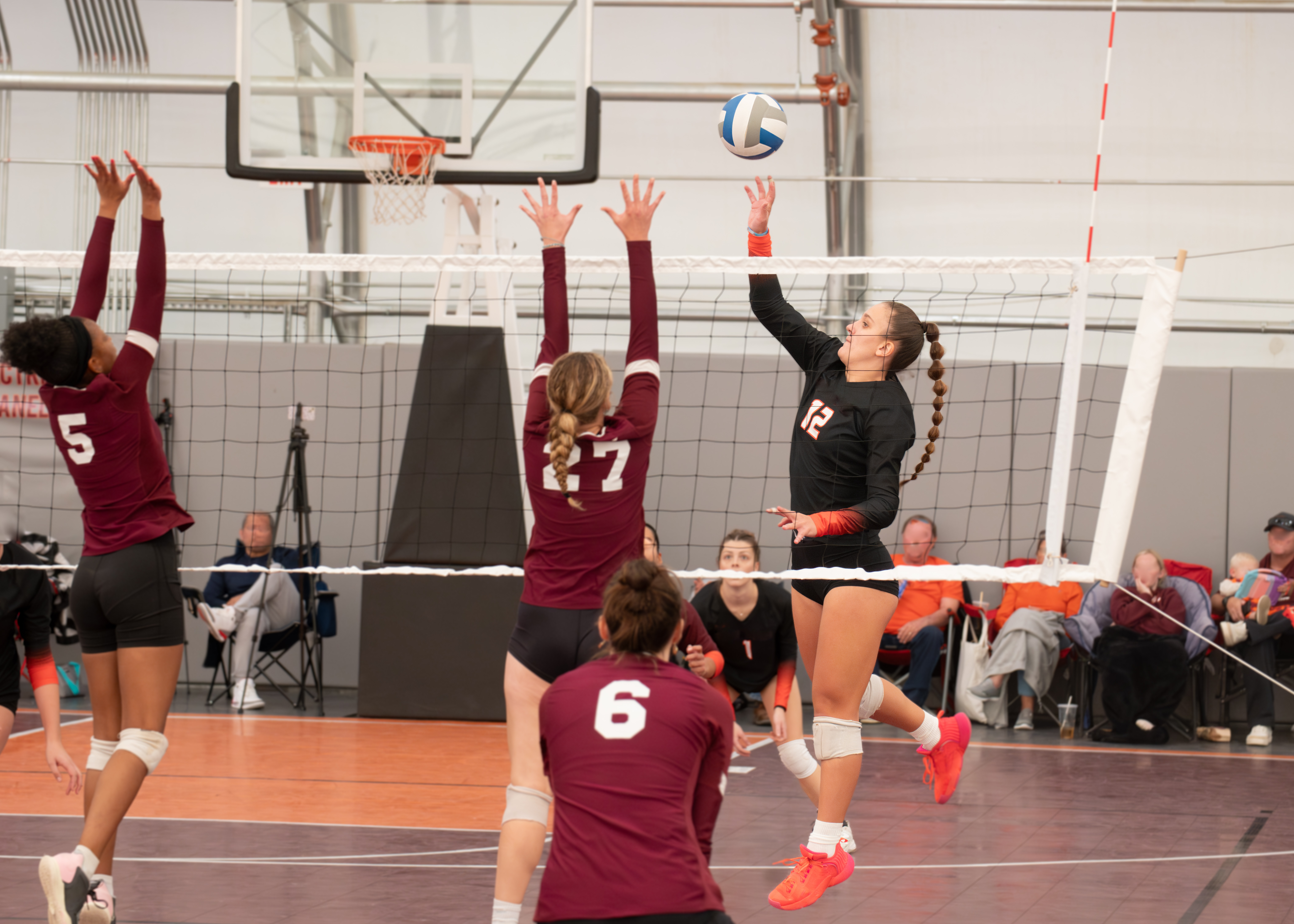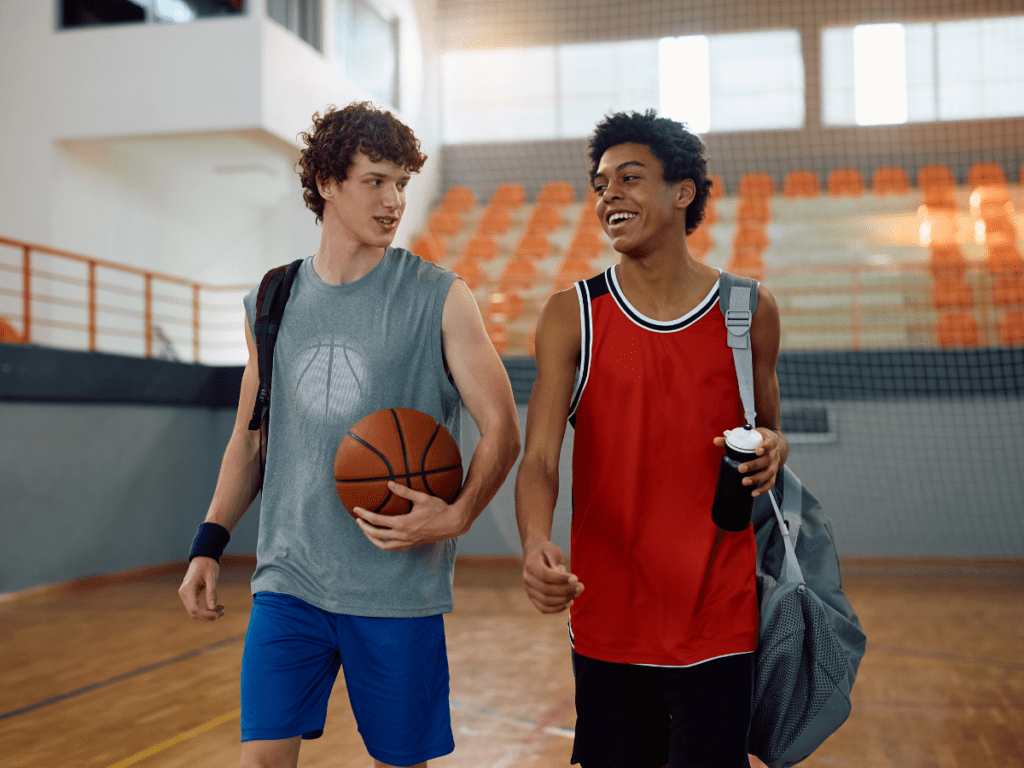Preventing abuse in sport takes ongoing effort
An International Olympic Committee consensus found interpersonal violence is common in sport, with psychological abuse occurring most often and posing higher risk for youth, LGBTQ+ athletes, and athletes with disabilities. The findings highlight the need to hear from athletes, embed trauma informed practices, and create sport environments built on respect and safety.
How does social media effect hazing?
This Canadian study found that social media can be both helpful and harmful when it comes to hazing in varsity sport. While athletes use it to build team identity, many avoid posting about hazing to protect their team’s image or avoid causing harm. The study points to a need for better education and athlete-informed policies…
Why clear definitions of maltreatment matter in sport
A recent scoping review led by researchers at the University of Toronto and University of Calgary shows that inconsistent definitions of athlete maltreatment are limiting efforts to prevent harm. By mapping 30 years of research, this work lays the groundwork for national tools to better protect athletes.
Bystander Intervention in Sport Training
Canadian Association for Suicide Prevention: Support Services Directory
Creating safe spaces in recreational sport: A mental health perspective

Sports are often celebrated for their physical benefits, but they also play a crucial role in mental health. Participation in sports can improve mood, stress relief, and foster a sense of belonging (Bruner et al., 2018; Panza et al., 2020). However, while these benefits are well-documented, they aren’t always guaranteed. In fact, sport participation can…
A Code for All Levels of Sport: Implementing the Universal Code of Conduct to Prevent and Address Maltreatment in Sport (UCCMS) across Canada

Introduction The Universal Code of Conduct to Prevent and Address Maltreatment in Sport (UCCMS) was introduced to the Canadian sport system at the national level in 2022. It may be time to think about its role across the entire sport spectrum from the national level to the provincial and territorial level and to the local…